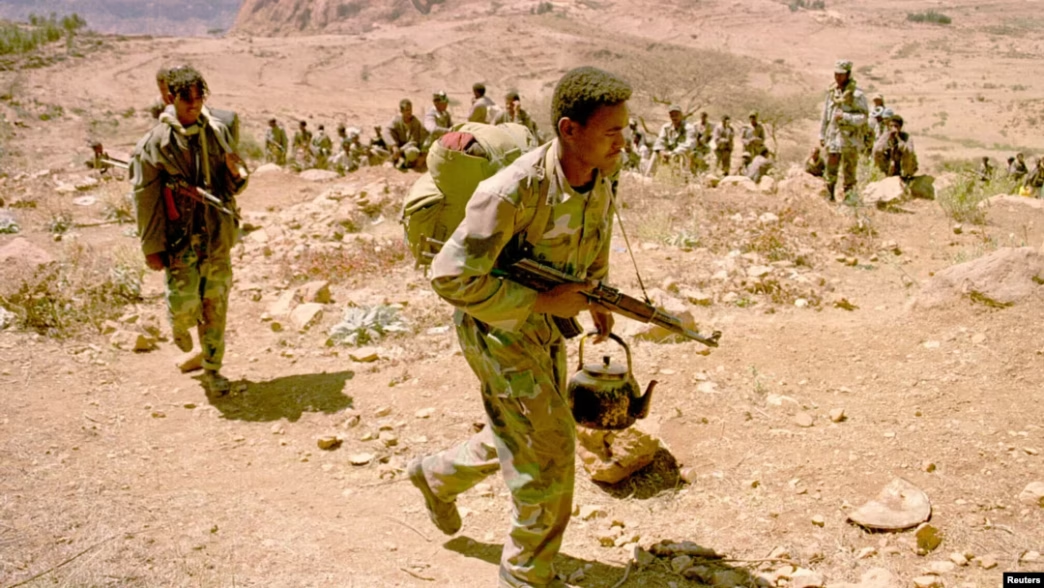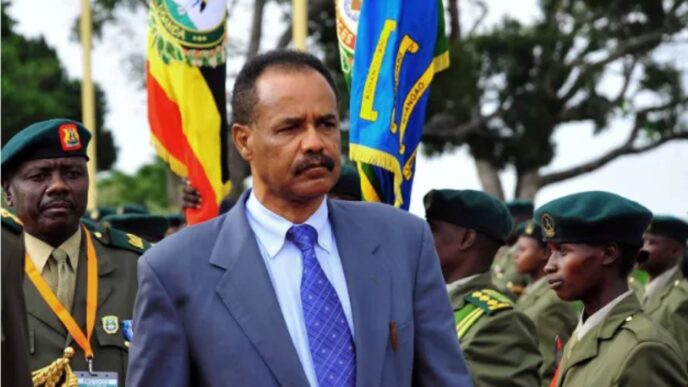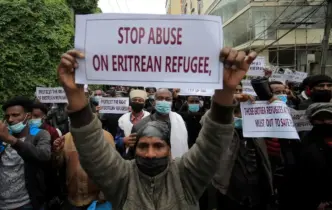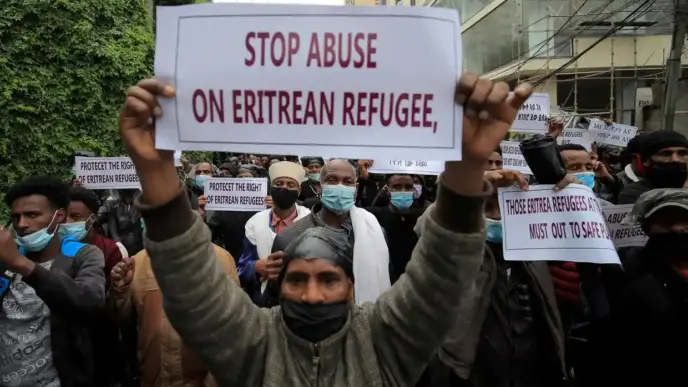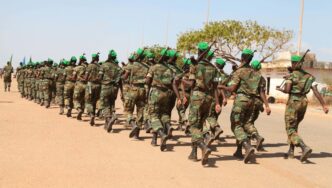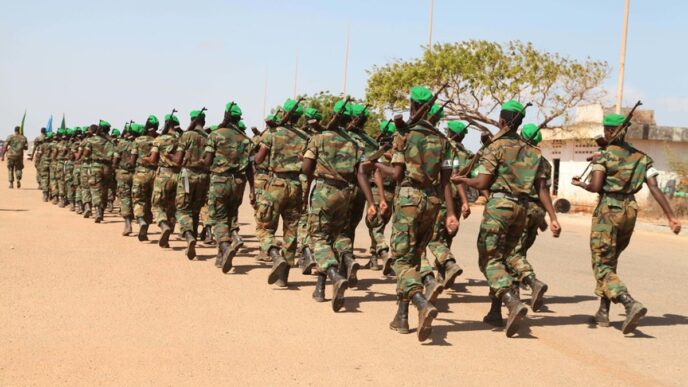Eritrea has rejected Ethiopia’s recent accusation that it is preparing for war, describing the claim as “provocative sabre-rattling” amid escalating tensions between the two Horn of Africa nations.
The dispute marks a fresh deterioration in relations that have been strained for months, more than three decades after Eritrea gained independence from Ethiopia following a prolonged armed struggle.
Earlier this month, Ethiopia’s foreign ministry sent a letter to United Nations Secretary-General António Guterres, alleging that Asmara was working with a hardline faction of the Tigray People’s Liberation Front (TPLF) to “wage war”.
The letter, signed by Ethiopia’s foreign minister, accused Eritrea and the TPLF of “funding, mobilising and directing armed groups” in the Amhara region, where federal troops have been battling insurgents for several years.
Eritrean Information Minister Yemane Ghebremeskel dismissed the allegations as baseless propaganda.
“The intense propaganda campaign aimed at whipping up irredentist ambitions has been accompanied by provocative sabre-rattling,” he told AFP, describing Ethiopia’s letter to the UN as a “deceitful charade.”
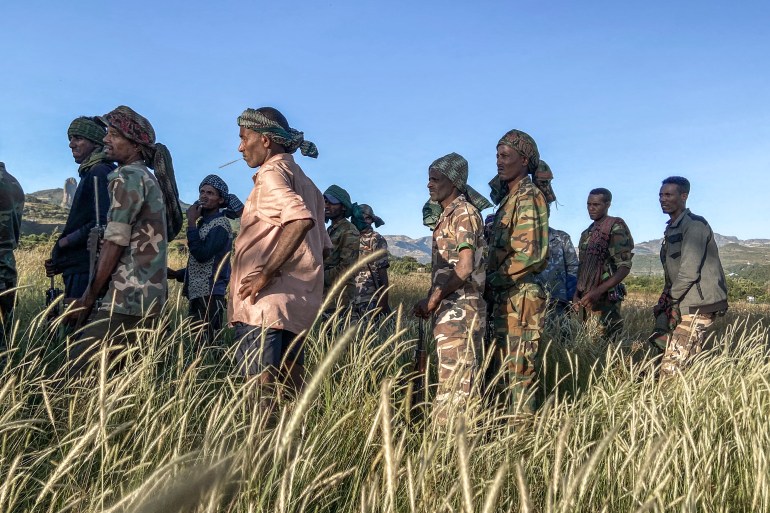
The two countries share a volatile history. Following Eritrea’s independence in 1993, it fought a brutal border war between 1998 and 2000 that claimed tens of thousands of lives.
Relations improved in 2018 when Ethiopian Prime Minister Abiy Ahmed signed a peace agreement with Eritrean President Isaias Afwerki, a move that earned Abiy the Nobel Peace Prize the following year.
However, ties deteriorated again after the two-year conflict in Ethiopia’s Tigray region from 2020 to 2022, during which Eritrean troops supported Ethiopian federal forces. The war killed an estimated 600,000 people, according to the African Union.
Since then, Asmara has accused Ethiopia of seeking access to the Red Sea through Eritrea’s Assab port, while Abiy has repeatedly expressed his ambition for Ethiopia to regain sea access—lost after Eritrea’s independence.
Ghebremeskel accused Ethiopia of attempting to undermine Eritrea’s “hard-won independence and sovereignty,” claiming that Addis Ababa’s policies have centred on securing maritime access “through legal means if possible, or military force if necessary.”
A report published in June by a US monitoring organisation alleged that Eritrea was rebuilding its army and fuelling instability in the region.
Eritrea rejected the findings, insisting that Ethiopia was to blame for the renewed regional tension.


 Trending
Trending 

